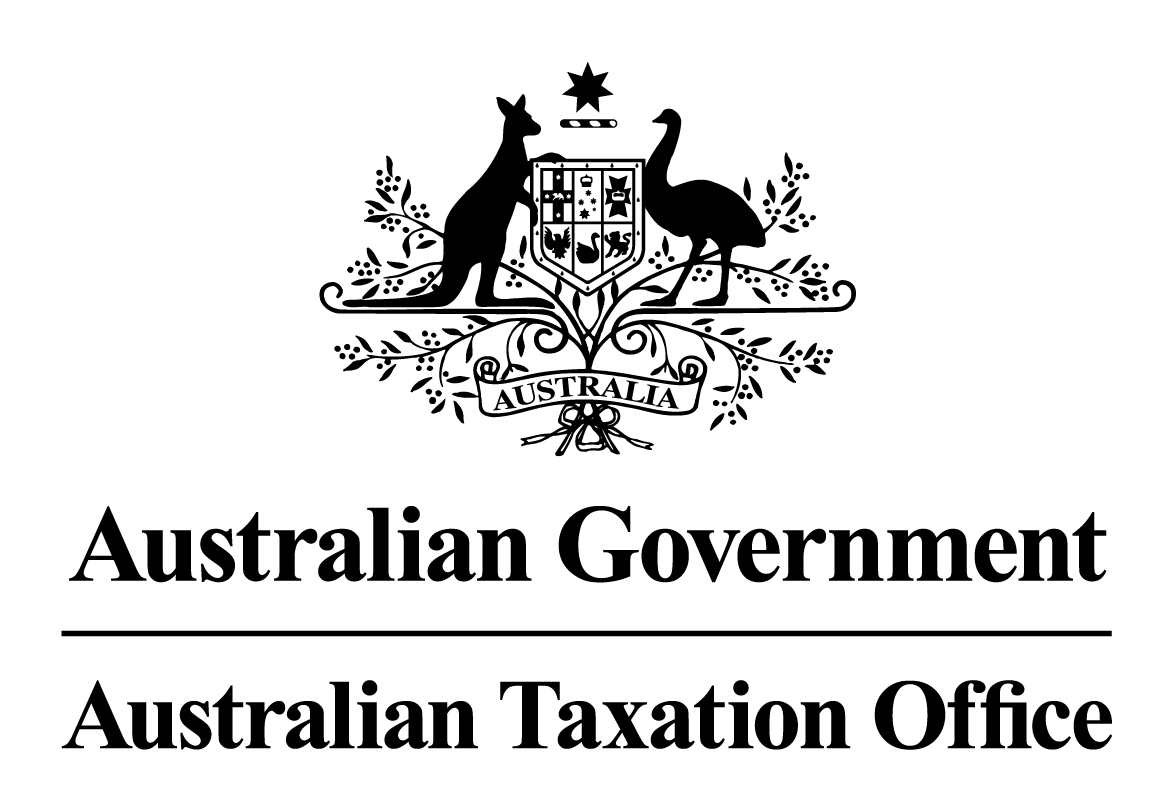Making Uses Of an Income Tax Return: Unlocking Potential Financial Savings and Guaranteeing a Larger Tax Obligation Refund
The income tax return functions as an important tool for individuals looking for to maximize their monetary end results, offering many avenues for possible savings and boosted reimbursements. By leveraging deductions and credit reports, taxpayers can tactically decrease their gross income and boost their overall economic standing. The complexities of tax obligation guidelines and the ever-evolving landscape of tax obligation regulation require a detailed understanding of available alternatives. What are the vital approaches that can be used to assure that taxpayers profit from these advantages? The solution may expose even more than just monetary gains.
Recognizing Tax Obligation Reductions
Several taxpayers might discover themselves overwhelmed by the intricacies of tax reductions, yet understanding these essential parts is vital for taking full advantage of potential cost savings. Tax obligation deductions minimize gross income, thereby reducing the total tax obligation for individuals and organizations. Familiarizing oneself with the different sorts of deductions available can significantly boost one's capability to optimize tax returns.
Deductions can be categorized right into itemized and standard deductions. The basic deduction offers a fixed reduction in taxable revenue, while itemized reductions permit taxpayers to enumerate specific expenses, such as home mortgage rate of interest, state taxes, and charitable payments. Taxpayers should assess which option produces the greatest benefit, as selecting the appropriate deduction method can bring about significant financial savings.
Moreover, it is very important to maintain exact documents of deductible expenditures throughout the tax obligation year. This method not only assists in the preparation of tax returns yet additionally ensures conformity with internal revenue service demands. Taxpayers ought to also remain informed concerning modifications in tax laws that may affect qualified reductions, as these can differ annually. By properly traversing the landscape of tax deductions, people can expose the possibility for a much more positive tax outcome and protected higher financial benefits.
Discovering Tax Debts
Tax credit histories stand for another significant avenue for taxpayers to reduce their general tax obligation obligation, matching the benefits acquired from reductions. Unlike reductions, which lower gross income, tax obligation credit histories give a dollar-for-dollar reduction of the real tax owed. This difference makes tax obligation credit scores especially beneficial for individuals looking for to maximize their savings.
There are two primary kinds of tax credit ratings: refundable and nonrefundable. Nonrefundable credits can minimize your tax obligation liability to zero but not listed below that quantity, while refundable credit ratings can result in a reimbursement if the credit scores surpass the tax owed. Examples of commonly declared tax credit reports consist of the Earned Income Tax Credit Score (EITC), the Youngster Tax Credit scores, and education-related credits like the American Possibility Credit History.
Qualification demands for these credit scores can differ considerably, frequently based upon revenue, submitting standing, and certain circumstances. Taxpayers should extensively evaluate the requirements connected with each credit to identify they assert all advantages for which they qualify. By strategically making use of available tax obligation credit ratings, individuals can boost their income tax return, eventually leading to substantial financial savings and potentially bigger refunds.

Investing Your Reimbursement Carefully
Obtaining a Tax reimbursement can feel like an economic windfall, but just how that cash is made use of can profoundly influence lasting economic health. Instead of watching your refund as non reusable income, consider it a chance to purchase your future.

One effective choice is adding to a Specific Retired Life Account (IRA) This can enhance your retirement financial savings while potentially generating tax obligation benefits. Conversely, spending in a diversified stock portfolio can offer considerable growth capacity in time, enabling your reimbursement to function for you on the market.
Furthermore, take into consideration utilizing your reimbursement to pay down high-interest debt, such as charge card balances. Reducing financial debt can enhance your financial standing and relieve stress, eventually permitting you to allocate more funds towards investments in the future.
For those concentrated on education, utilizing your reimbursement for a 529 college financial savings strategy can aid secure a brighter future on your own or your youngsters.
Preparation for Future Expenditures
Very carefully preparing for future expenses is important for preserving financial security and attaining long-lasting goals. A well-structured economic plan permits individuals to allot sources efficiently, ensuring that upcoming prices do not interrupt their financial well-being. Income tax return can offer a beneficial structure for this preparation procedure.
Making use of the refund as a springboard, people can identify and focus on substantial future expenditures, such as home fixings, click this link education costs, or medical care needs. Developing a budget plan that includes these prepared for costs allows an aggressive strategy, reducing the probability of economic strain when the time involves address them.
Additionally, alloting funds from your tax obligation refund into committed interest-bearing accounts can boost the efficiency of your preparation. Australian Tax return online. Take into consideration creating a reserve specifically for unforeseen expenses, guaranteeing that you are planned for unanticipated circumstances without derailing your financial goals
Typical Blunders to Stay Clear Of
Many individuals make essential errors when handling their tax obligation returns that can weaken their financial planning efforts. One common error is stopping working to maintain accurate documents. Poor paperwork can lead to missed out on deductions, resulting in a lower refund or greater tax obligation. It is vital to preserve organized records of all revenue, expenditures, and tax-related papers throughout the year.
One more frequent blunder is disregarding to review tax obligation regulation adjustments. Tax obligation policies can advance yearly, and ignorance of these changes might result in missed out on possibilities for tax credit scores or reductions. Furthermore, numerous taxpayers overlook qualified deductions, such as those for medical expenditures or academic prices.

Declaring tax obligations prematurely or also late can likewise be detrimental. Early filers may miss out on final tax obligation breaks, while late filers take the chance nearest tax preparer of penalties and interest.
Furthermore, not seeking expert aid when essential can cause costly errors. Tax experts can supply useful insights, making certain compliance and taking full advantage of potential cost savings.
Last but not least, hurrying via the return can lead to simple arithmetic errors or ignored types. Taking the time to confirm all access is essential for an effective income tax return end result.
Conclusion
To summarize, the critical application of tax returns serves as a crucial device for making best use of economic benefits. Recognition of typical pitfalls can also improve the tax process, eventually empowering taxpayers to take advantage of their returns for a more protected financial future.
Tax obligation credits stand for an additional content notable method for taxpayers to decrease their general tax obligation obligation, complementing the advantages obtained from deductions. Unlike reductions, which lower taxable earnings, tax obligation credit scores supply a dollar-for-dollar decrease of the real tax owed. Nonrefundable credit scores can reduce your tax obligation obligation to absolutely no but not listed below that amount, while refundable credit histories can result in a reimbursement if the credit scores exceed the tax obligation owed. Examples of frequently asserted tax obligation credit reports consist of the Earned Revenue Tax Obligation Credit Score (EITC), the Child Tax Obligation Credit scores, and education-related credit reports like the American Possibility Credit History.
Tax obligation policies can develop yearly, and ignorance of these adjustments may result in missed chances for tax debts or reductions. - Australian Tax return online
 Dylan and Cole Sprouse Then & Now!
Dylan and Cole Sprouse Then & Now! Ross Bagley Then & Now!
Ross Bagley Then & Now! Alexa Vega Then & Now!
Alexa Vega Then & Now! Tina Majorino Then & Now!
Tina Majorino Then & Now! Melissa Sue Anderson Then & Now!
Melissa Sue Anderson Then & Now!